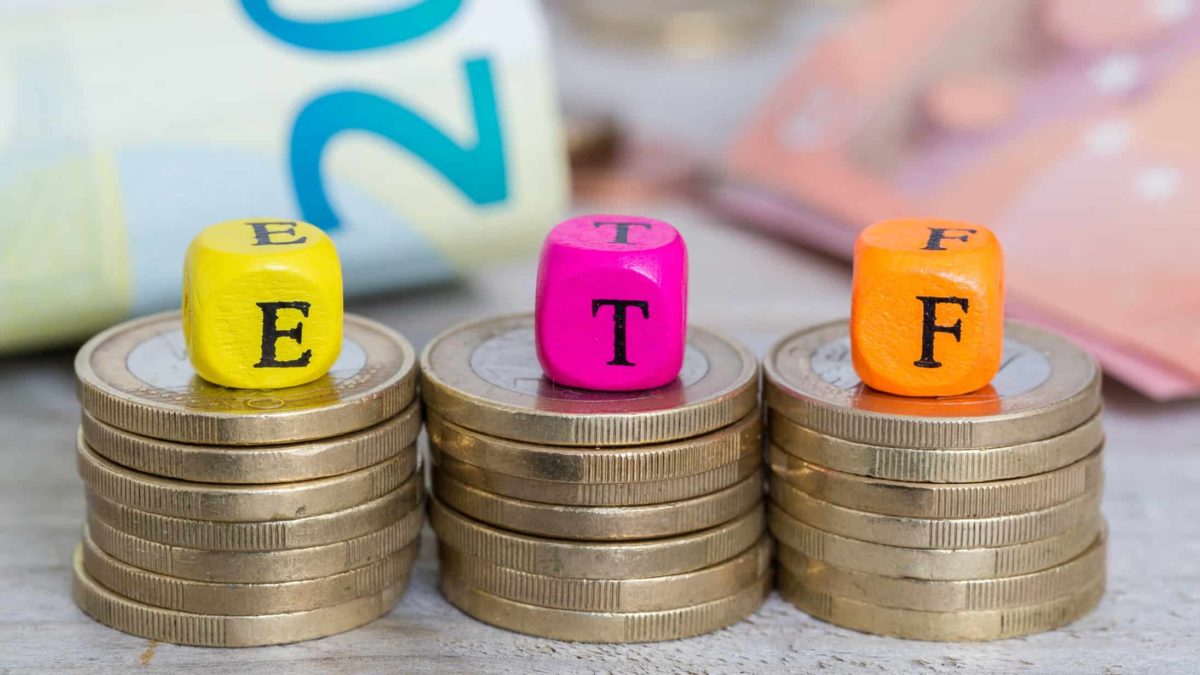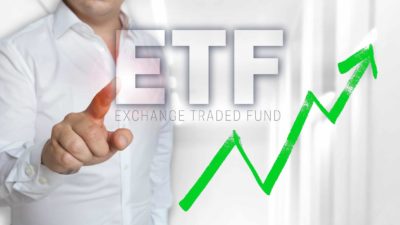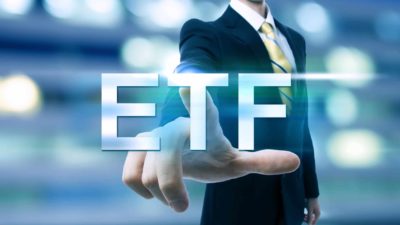The ASX-listed exchange-traded funds (ETFs) I'm going to talk about all have very compelling futures.
There are plenty of good businesses on the ASX, but not to the same size and growth potential that we can find overseas. We can't directly buy these global companies on the ASX, but there are plenty of different ways to get exposure to quality businesses through diversified funds.
With that in mind, these are three of my favourites.
Global X Fang+ ETF (ASX: FANG)
For investors wanting exposure to the big US tech companies like Alphabet, Apple, Amazon.com, Nvidia, Microsoft and Meta Platforms, this could be the best way to do it. These businesses are some of the strongest in the world, with strong balance sheets and incredibly strong market positions.
There are only 10 positions in this ASX ETF portfolio, with the weightings currently ranging between 9.09% to 11.63%, so the allocations are largely even.
Not only are the weightings to those businesses huge, but the FANG ETF actually has a fairly low management fee of 0.35%, compared to an annual fee of 0.48% for the Betashares Nasdaq 100 ETF (ASX: NDQ).
Past performance is not a reliable indicator of future performance with the FANG ETF, but it has returned an average of 23.7% per annum over the past three years. The underlying businesses are doing well.
With the ongoing technology developments, I think the FANG ETF portfolio holdings could continue growing profit for the long term.
Betashares Global Quality Leaders ETF (ASX: QLTY)
I like owning businesses that meet quality metrics because, over time, I believe those metrics can help a business keep reinvesting profit at a good rate of return. Growing profits can push share prices higher, as that's normally what investors focus on.
Companies only make it into the QLTY ETF portfolio if they rank well on four metrics: return on equity (ROE), debt-to-capital, cash flow generation ability and earnings stability. Putting those metrics together, it results in a list of very strong investments for the ASX ETF.
At the moment, the biggest positions of the 150-name portfolio are Alphabet, Texas Instruments, Unitedhealth, Coca Cola and Microsoft.
Considering the diversification across different industries (not just technology), I think the QLTY ETF has done very well since inception, with an average return per annum of 14.7%. Again, it's not guaranteed to keep doing that well, but the quality metrics are compelling.
Betashares Global Cybersecurity ETF (ASX: HACK)
Cybersecurity is one of the most compelling industries because of the ongoing digitalisation around the world and the rise of cybercrime.
Businesses, governments and households need to protect themselves from the bad guys, even in a downturn, so the earnings of the businesses in the portfolio are quite defensive.
The ASX ETF's portfolio of 30 names includes global leaders and smaller players, including Broadcom, Crowdstrike, Cisco Systems, Palo Alto Networks, Infosys, Darktrace, Cloudflare, Okta, and Zscaler.
Over the past five years, the HACK ETF has delivered an average return per annum of 15.2%, which is impressive in my opinion. If earnings keep growing, then I think this ASX ETF can keep performing.









